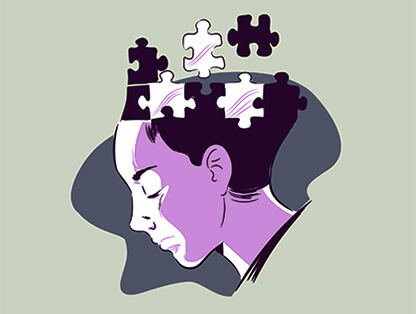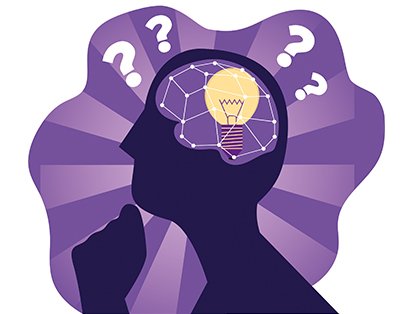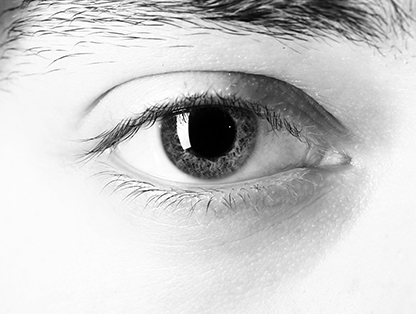Critical Thinking as a Key Competency
Critical thinking is a complex, multidimensional concept, one of the best definitions of which was provided by Robert Sternberg, a professor of psychology at Oklahoma University: “Critical thinking comprises the mental processes, strategies, and representations people use to solve problems, make decisions, and learn new concepts.” Other widely accepted definitions of critical thinking also involve analyzing and interpreting information, identifying cause-and-effect relationships, and making judgments.
Why is this skill so important? Modern individuals face an overwhelming volume of information, particularly in the online environment, where much of the content is biased or outright false, and many facts are subject to varying interpretations. Such easy access to unreliable and manipulative information increases the value of the ability to distinguish fact from subjective opinion and draw independent conclusions. This skill helps protect against manipulation and propaganda, prevents impulsive actions, and avoids unnecessary purchases. Therefore, critical thinking is a significant factor influencing success in both personal and professional domains.
According to this 2013 study, critical thinking is highly valued across various business sectors. Research on job requirements also indicates a strong demand for this skill from employers. Critical thinking and related competencies are already integrated into many assessment models (e.g., Richard Boyatzis’s model, the GROW model, and Hogan Business Reasoning),which companies use to make decisions about hiring candidates and career advancement.
Critical Thinking Test by Psycho Tests
Numerous diagnostic tools have been developed to assess critical thinking levels, but most are paid. Additionally, many of these tools face criticism from researchers for outdated or discriminatory tasks. With this in mind, we decided to create our own free critical thinking assessment, designed with tools adapted to the realities of the 2025 business environment.
In developing the concept for this test, we drew inspiration from one of the best existing tools—the Watson-Glaser Critical Thinking Appraisal—while using entirely different tasks and scales to evaluate six components of critical thinking. The test consists of 42 questions of varying difficulty, allowing for a differentiated scoring system and a more accurate final result. After answering each question, you will see the correct answer and a brief explanation. We hope this test will help you enhance your critical thinking skills and serve as a useful practice tool before job interviews.
Disclaimer
This test is provided “as is.” You should use its results with caution and not rely on it for making any decisions. Please note that this test is intended solely for educational purposes, and its questions and results should not be interpreted as professional recommendations.















